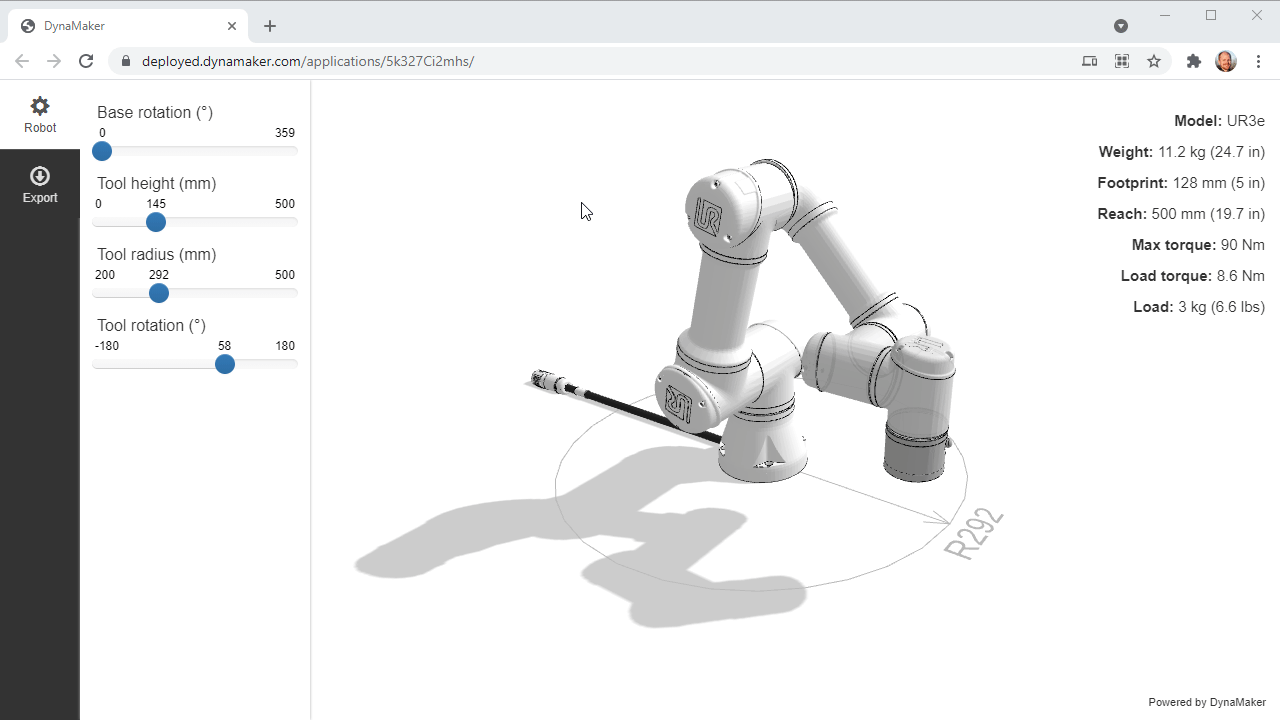The world of CPQ (Configure, Price, Quote) is constantly evolving, driven by technological...
Non-obvious things to consider with CPQ
Implementing a CPQ (Configure, Price, Quote) system involves several less obvious considerations that can significantly impact the success of your project.
Here’s a list of non-obvious things to consider:
1. Cultural Fit and Change Management
The introduction of a CPQ system can fundamentally change how your sales team operates. Ensure that the cultural fit is considered and have a change management plan to ease the transition. Involve key team members early and communicate the benefits clearly to gain buy-in.
2. User Experience and Interface Design
A CPQ system’s usability can greatly affect its adoption and effectiveness. Pay attention to the user interface and experience, making sure it is intuitive and aligns with how your team works. User-friendly designs can enhance productivity and reduce training time.
3. Mobile Compatibility
Sales teams are often on the go. Ensure that your CPQ system is mobile-friendly, allowing access from tablets and smartphones. This flexibility can enhance the efficiency of your salesforce by enabling them to generate quotes and configure products on-site with clients.
4. Scalability and Future-Proofing
Think beyond the immediate implementation and consider how the CPQ system will scale as your business grows. Ensure the solution can handle increasing product complexity, user numbers, and transaction volumes without compromising performance.
5. Data Cleanliness and Quality
The accuracy and reliability of your CPQ system depend on the quality of the data fed into it. Invest time in cleaning and standardizing your data before migration. Poor data quality can lead to errors and inefficiencies.
6. Customization vs. Configuration
Understand the difference between customization (modifying code) and configuration (setting up within the provided framework). Aim to minimize customization to reduce complexity and maintenance costs. Choose a CPQ system that offers robust configuration options.
7. Testing and Quality Assurance
Implement a rigorous testing and quality assurance process. Simulate real-world scenarios to ensure the system performs as expected. Include end-users in the testing phase to gather practical feedback and identify any usability issues.
8. Vendor Stability and Roadmap
Evaluate the stability of the CPQ vendor and their product roadmap. Ensure they are financially stable and committed to ongoing development and support. A vendor with a clear, innovative roadmap is more likely to provide long-term value.
9. Integration Depth and Flexibility
Beyond basic integration capabilities, assess the depth and flexibility of integration with your existing systems (CRM, ERP, PLM). Flexible integration ensures data flows seamlessly and supports complex workflows.
10. Regulatory and Compliance Considerations
Ensure the CPQ system complies with industry regulations and standards relevant to your business. This is especially important for industries with stringent regulatory requirements, such as healthcare or finance.
11. Training and Knowledge Transfer
Plan for comprehensive training and knowledge transfer. Beyond initial training, establish a continuous learning environment with access to updated resources, ongoing support, and refresher courses to keep your team proficient.
12. Impact on Customer Experience
Consider how the CPQ system will affect your customer experience. A well-implemented CPQ can shorten the sales cycle, increase quote accuracy, and improve overall customer satisfaction. Evaluate how the system enhances the customer journey from configuration to final delivery.
13. Backup and Disaster Recovery
Ensure there are robust backup and disaster recovery plans in place. This guarantees that your CPQ system can quickly recover from any data loss or system failure, minimizing downtime and business impact.
14. Security and Access Control
Implement strong security measures and access controls to protect sensitive business and customer data. Ensure that the CPQ system complies with your organization’s security policies and industry standards.
Considering these non-obvious factors can significantly enhance the success of your CPQ implementation, ensuring it meets your business needs and scales with your growth. For more insights and personalized advice, visit cpq.se. To discuss your specific requirements, book a virtual coffee with our experts, Magnus and Patrik, at cpq.se/coffee.




